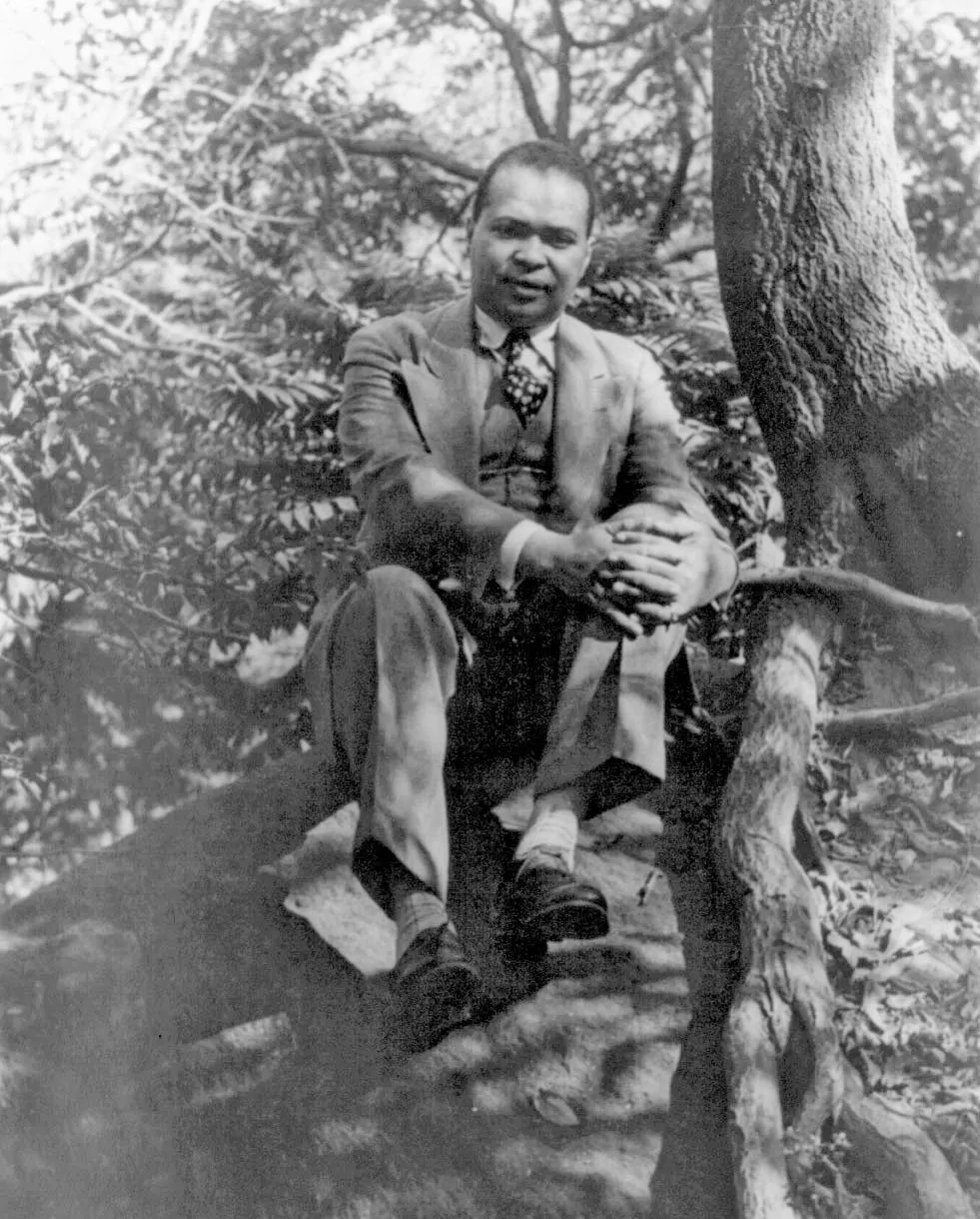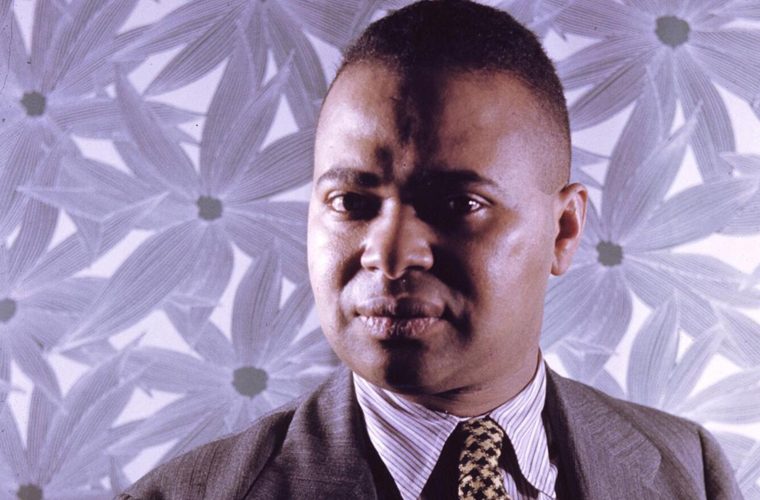Countee Cullen was an American poet, novelist, and playwright, and one of the leading figures of the Harlem Renaissance, a cultural and intellectual movement centered in Harlem, New York City, during the 1920s and 1930s. Cullen was born on May 30, 1903, in Louisville, Kentucky. He was raised in a Methodist parsonage by his paternal grandmother, as his parents had died when he was young. Cullen’s grandmother played a significant role in his education and fostered his interest in literature and the arts.
Cullen attended DeWitt Clinton High School in New York City and later went on to study at New York University, where he earned his bachelor’s degree in 1925. During his college years, he began writing poetry and became involved in the literary and cultural scene of the Harlem Renaissance. In 1925, Cullen’s first collection of poetry, titled “Color,” was published. The collection explored themes of racial identity, love, and beauty, and it received critical acclaim. Cullen’s work often employed traditional poetic forms and explored both African American experiences and universal themes.
Throughout his career, Cullen published several more collections of poetry, including “Copper Sun” (1927), “The Ballad of the Brown Girl” (1927), and “The Black Christ and Other Poems” (1929). His poetry showcased his skillful craftsmanship, lyrical language, and exploration of the human condition. In addition to poetry, Cullen also wrote plays, essays, and novels. His novel “One Way to Heaven” was published in 1932. Cullen’s works often addressed issues of race, identity, and the African American experience in America.

Cullen’s writing gained recognition for its lyrical beauty and poetic technique. He was known for his ability to merge traditional poetic forms with modernist experimentation. While he was celebrated as a talented poet during his lifetime, he faced criticism from some within the African American community for his focus on universal themes rather than explicitly political or protest-oriented work.
Countee Cullen’s career as a writer declined in the 1930s, and he struggled with personal challenges and financial difficulties. He held various teaching positions and worked for the Works Progress Administration (WPA) during the Great Depression. Cullen also faced personal struggles, including marital issues and questioning his racial identity.
Tragically, Countee Cullen passed away on January 9, 1946, at the age of 42 due to uremic poisoning, a complication of high blood pressure. Despite the challenges he faced, Cullen left a significant impact on American literature and the Harlem Renaissance, and his work continues to be studied and celebrated today for its artistic and literary contributions.

